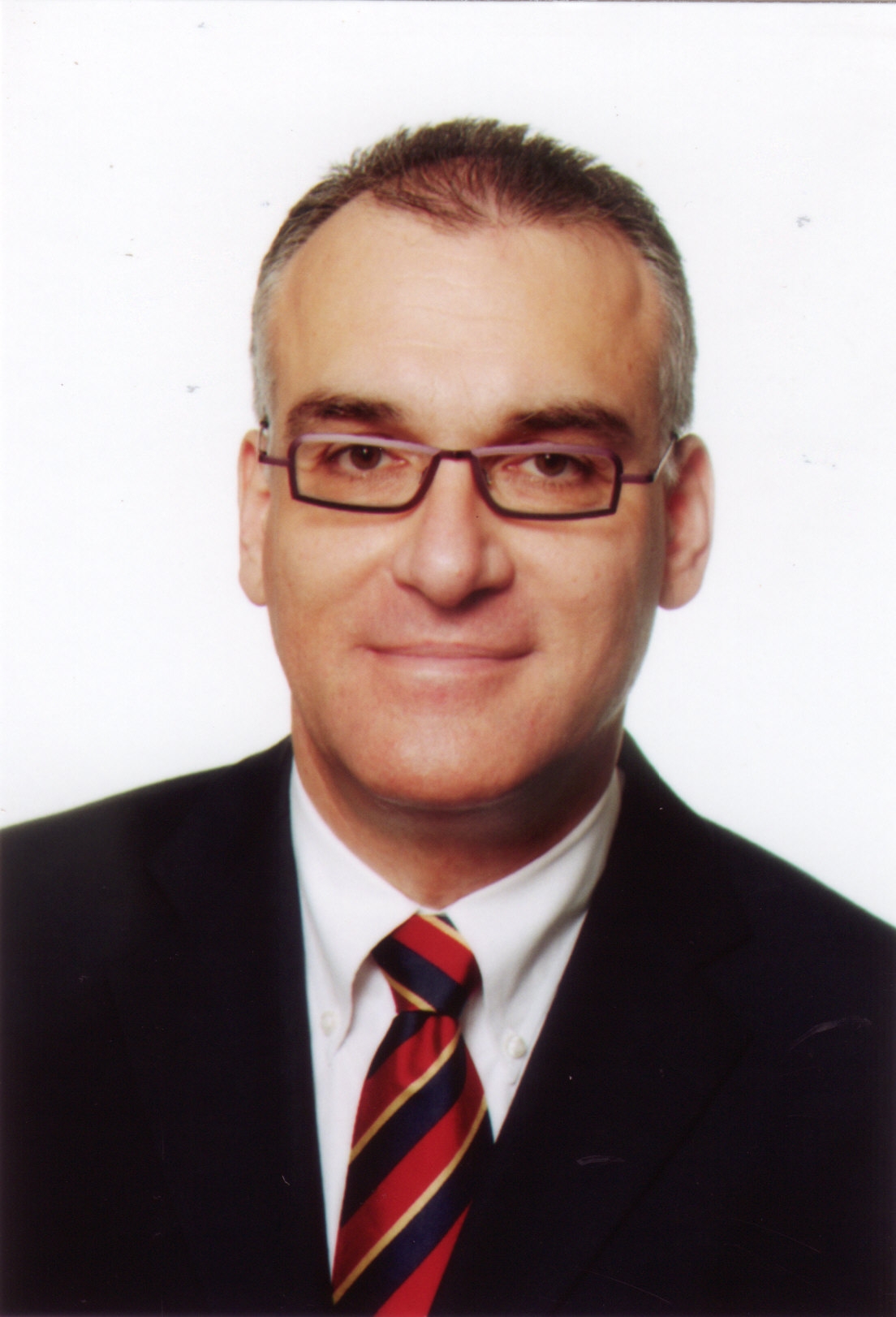Presents the results of the clinical trial in humans before the World Congress for Parkinson's and the European Federation of Neurology

The start-up Neuroderm ((Neuroderm, which develops drugs for dermal insertion in diseases of the central nervous system) presented the results of the phase 1 clinical trial in humans (ND0611, a drug intended for Parkinson's patients) before the World Congress for Parkinson's and the European Neurological Federation. The results of the clinical trial were presented By Professor Levitt, a member of Neuroderm's advisory committee and a world-renowned senior researcher for Parkinson's disease.
From the analysis of the results of the clinical trial in humans on ND0611, an ethical drug formulation that allows, for the first time, a delayed release of the carbidopa (given with levodopa in order to delay its decomposition) through a skin patch, it can be seen that the concentrations of levodopa in the blood increased over time when ND0611 was given continuously together with a commercial drug containing levodopa. Additionally, ND0611 has been shown to be safe to use.
The company hopes that the continuous administration of carbidopa by ND0611 will allow higher levels of levodopa to reach the brain over time, which will allow better control of the motor disorders that occur in Parkinson's patients when the drug breaks down quickly.
Dr. Oded Lieberman, chairman and CEO of Neuroderm, said today: "Following the results of the ND0611 trial, we plan to continue the development of the drug and conduct clinical trials in patients in the next step. The drug marks an innovative therapeutic approach which, if successful, will improve the effectiveness of treatment for Parkinson's patients and alleviate problems that affect the day-to-day lives of those patients."
The drug market for Parkinson's disease is currently valued at more than three billion dollars per year. A large number of leading pharmaceutical companies sell products in the field of drug therapy for Parkinson's, including Glaxo-Smith-Kline, Novartis, Boehringer Ingelheim, Teva and UCB. The number of Parkinson's patients in the world is estimated at 4-6 million patients, of which, according to the American Parkinson's Association, about 1.5 million are in the USA. About 70-80% of Parkinson's patients are treated with Levodopa.
ND0611 is Neuroderm's most advanced drug, and is intended for the treatment of Parkinson's disease. Today, the main and common treatment for Parkinson's patients is carried out using the Levodopa pill (which 'compensates' for the lack of dopamine characteristic of the disease) but it loses its effect in the body in a short time. Taking it orally does not allow maintaining a constant level in the blood and makes the development of motor complications and a decrease in the effectiveness of the pill possible.
Neuroderm's medicine is based on a unique formulation that should ensure a high and continuous level of Levodopa in the blood. The treatment is designed to suit both advanced patients and patients in the first stages of the disease.
Neuroderm was established in 2003 as part of the Ofakim Incubator, from the Capital Point Group. Neuroderm specializes in the development of drugs administered through the skin to treat diseases of the central nervous system. The company's first and leading product, the ND1 061, is the first patch in the world to increase the availability of the drug Levodopa in the blood, for the treatment of Parkinson's patients. The technology on which ND0611 is based is a unique reformulation of well-known drugs that allows their continuous administration through the skin and thus increase their effectiveness. So far, Neuroderm has raised only about .57 million dollars. The company's investors include Robert Taub, the founder of the biopharmaceutical company Omrix (which was issued on NASDAQ in 2006 and was purchased by Johnson & Johnson in 2008 for $436M), Uwe Wacher, Dr. Shmuel Kabili, an inventor and researcher who holds a large number of patents in the field of biotechnology and Hatma Ofakim, owned by the Capital Point company. The company is located in the Science Park in Rehovot and employs about 12 people.
